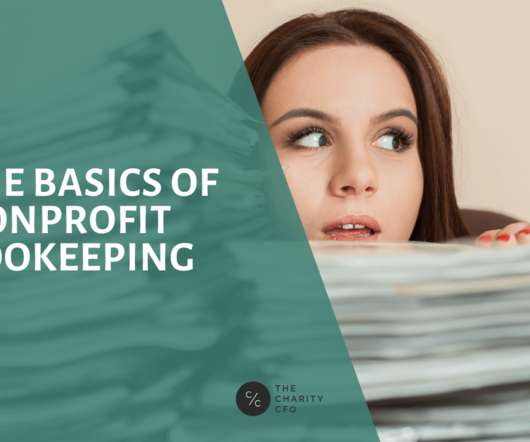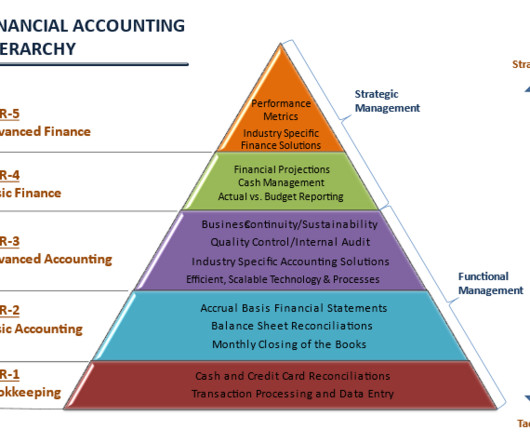The Basics of Nonprofit Bookkeeping
The Charity CFO
FEBRUARY 4, 2022
Nonprofits must maintain thorough and accurate financial records to comply with both Generally Accepted Accounting Principles ( GAAP ) and maintain their tax-exempt status with the IRS. Create invoices for goods, services, and donations. Enter bills and vendor invoices. Invoicing . Organize and maintain receipts .














Let's personalize your content